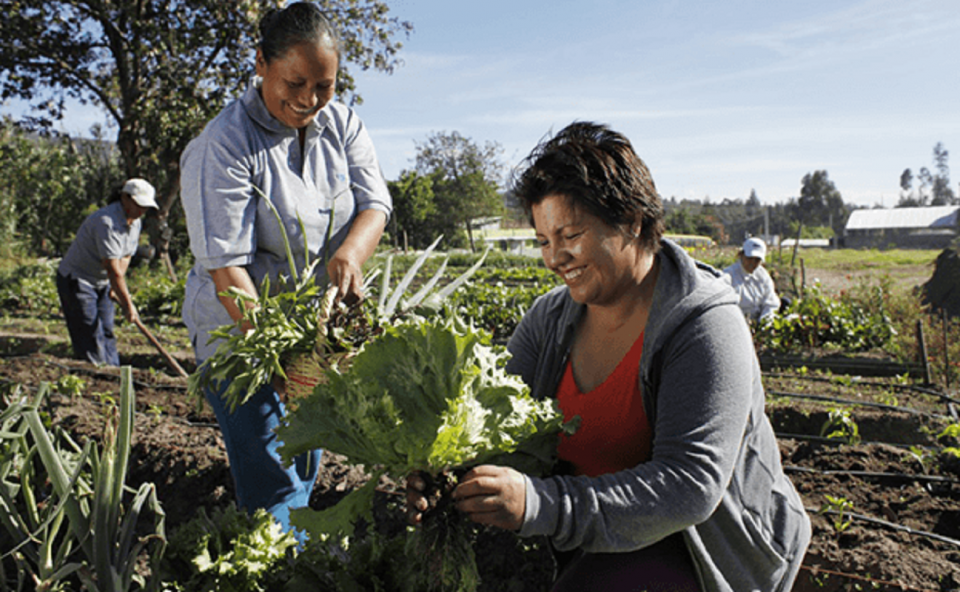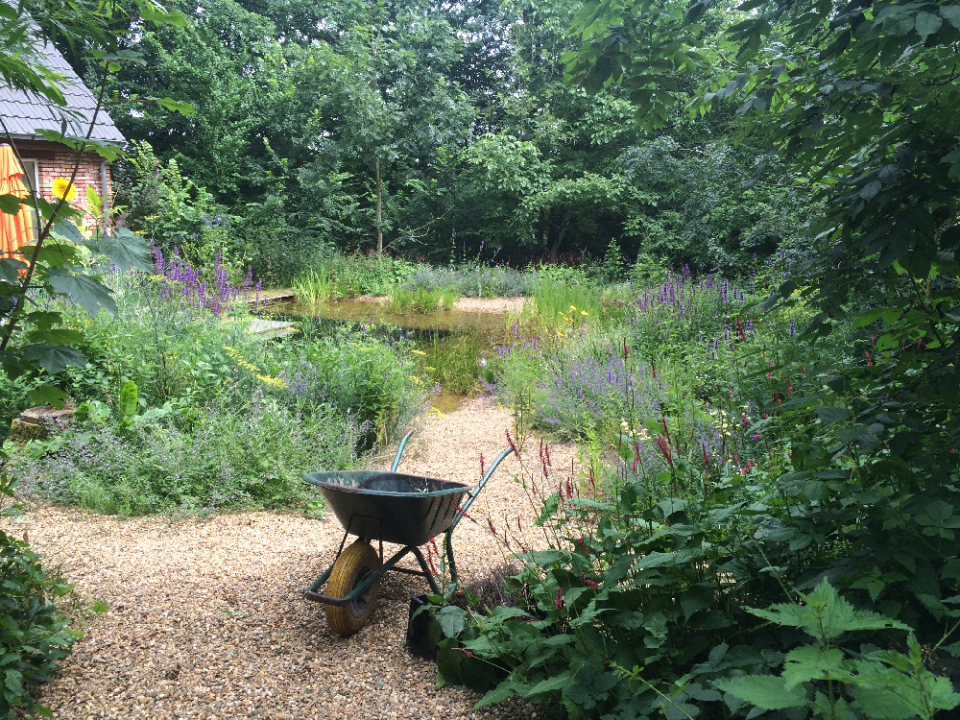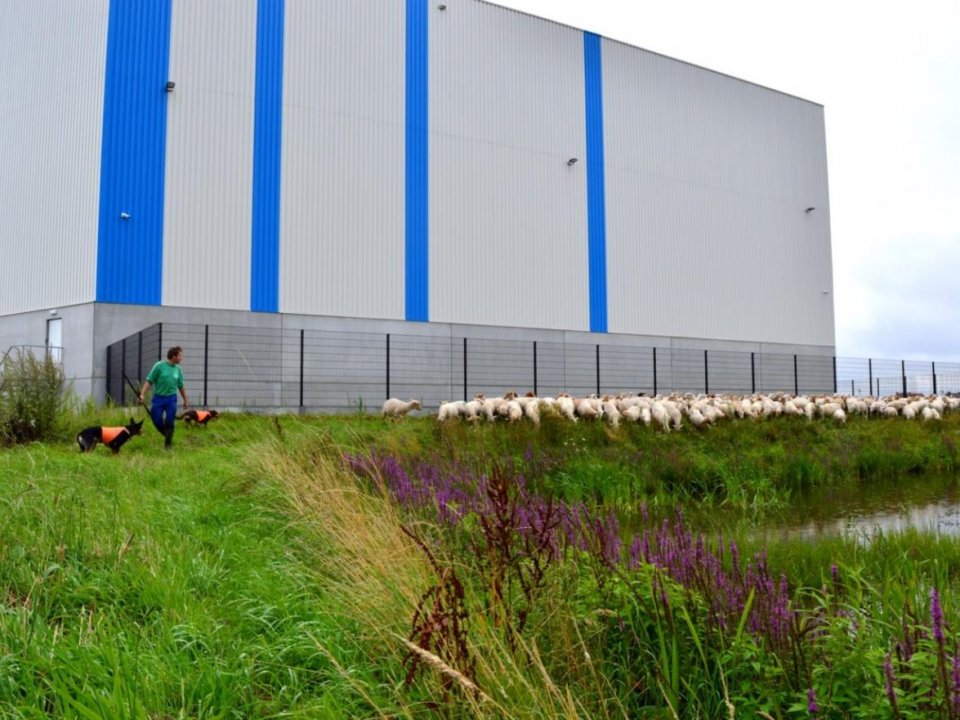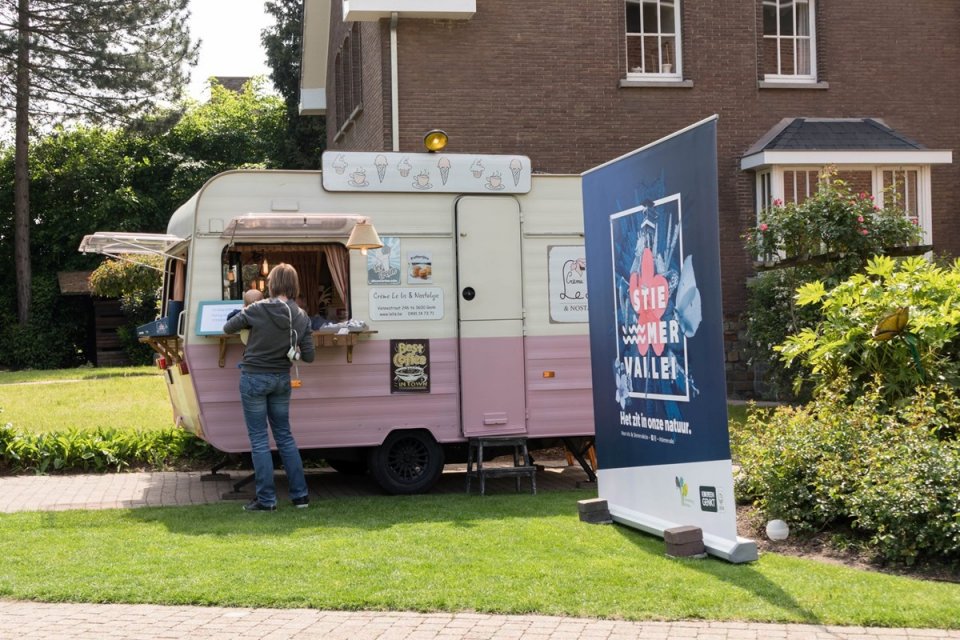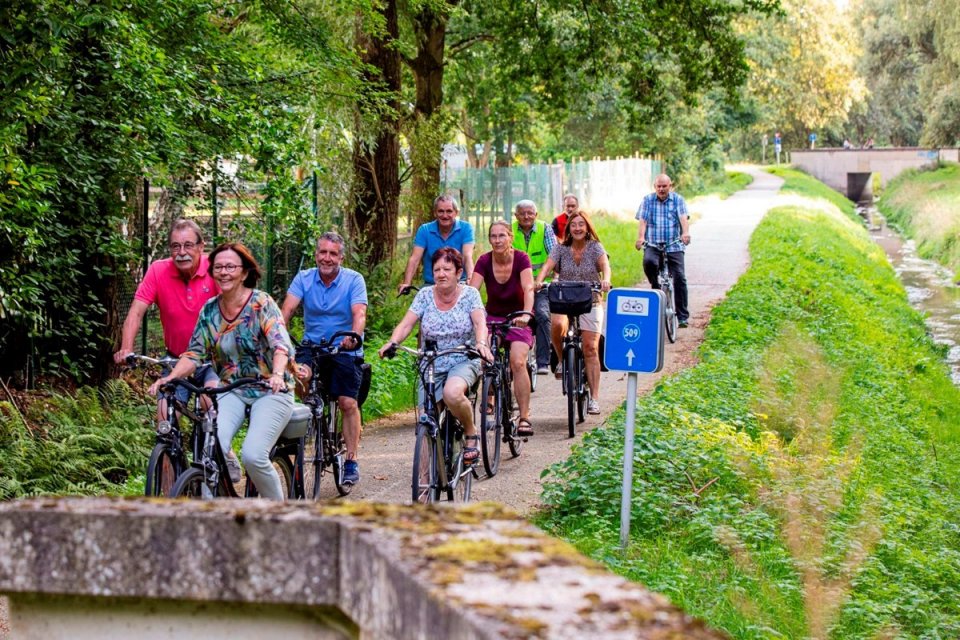Quito and its urban agriculture: AGRUPAR
English
The Participatory Urban Agriculture (AGRUPAR) instrument is part of the social inclusion policy and the Quito Produce macro-vision of the Municipality of the Metropolitan District of Quito. AGRUPAR not only contributes to food security and sovereignty, but also has the capacity to contribute to improving the income of its participants, as well as generating savings through the consumption of their own production. Moreover, because of its integrating nature of agricultural activities, marketing of surpluses, food processing, solidarity exchange of the harvest, environmental management and contribution to urban agroecology, it has become an important social cohesion strategy for urban farmers. This initiative has modernized its intervention through the implementation of low-cost and easy-to-adopt alternative infrastructures, especially designed for urban and peri-urban gardens within a participatory process. On the other hand, AGRUPAR has been a 'seedbed' for agricultural micro-enterprises of all types, promoting organic food production, livestock, food processing and the production of organic inputs, among others, which has allowed the generation of employment especially for women, heads of households and senior citizens, as well as participants with low schooling. The implementation of a circuit of bio-fairs for the direct sale of surplus production of urban farmers to consumers has become a space for the permanent supply of healthy and educational food at the same time, focused on supporting healthy and solidarity production, in a framework of fair price and weight, providing a space for the practice of solidarity economy and social inclusion.
Challenges addressed
- Social cohesion
- Social equity
- Reconnection to the biosphere / environmental education
- Human health, comfort and well-being
Region:
CELAC
Country:
Ecuador
City:
Municipality of the Metropolitan District of Quito
City population:
1,911,966
Timeline:
2002
Last updated:
30 Aug 2023 
